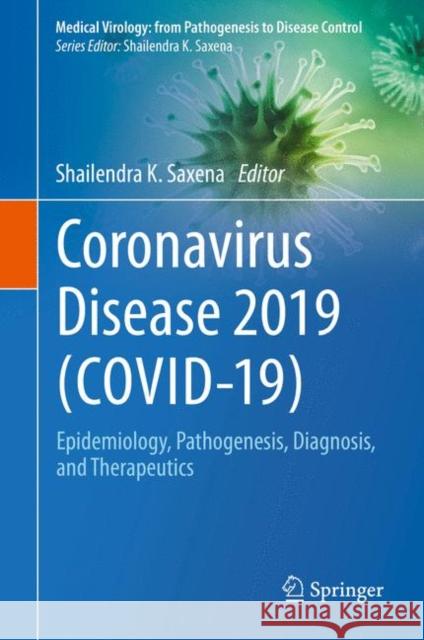Coronavirus Disease 2019 (Covid-19): Epidemiology, Pathogenesis, Diagnosis, and Therapeutics » książka
topmenu
Coronavirus Disease 2019 (Covid-19): Epidemiology, Pathogenesis, Diagnosis, and Therapeutics
ISBN-13: 9789811548161 / Angielski / Miękka / 2021 / 213 str.
Coronavirus Disease 2019 (Covid-19): Epidemiology, Pathogenesis, Diagnosis, and Therapeutics
ISBN-13: 9789811548161 / Angielski / Miękka / 2021 / 213 str.
cena 685,93
(netto: 653,27 VAT: 5%)
Najniższa cena z 30 dni: 655,41
(netto: 653,27 VAT: 5%)
Najniższa cena z 30 dni: 655,41
Termin realizacji zamówienia:
ok. 22 dni roboczych
Bez gwarancji dostawy przed świętami
ok. 22 dni roboczych
Bez gwarancji dostawy przed świętami
Darmowa dostawa!
Kategorie:
Kategorie BISAC:
Wydawca:
Springer
Seria wydawnicza:
Język:
Angielski
ISBN-13:
9789811548161
Rok wydania:
2021
Wydanie:
2020
Numer serii:
001090358
Ilość stron:
213
Waga:
0.33 kg
Wymiary:
23.39 x 15.6 x 1.27
Oprawa:
Miękka
Wolumenów:
01
Dodatkowe informacje:
Wydanie ilustrowane











